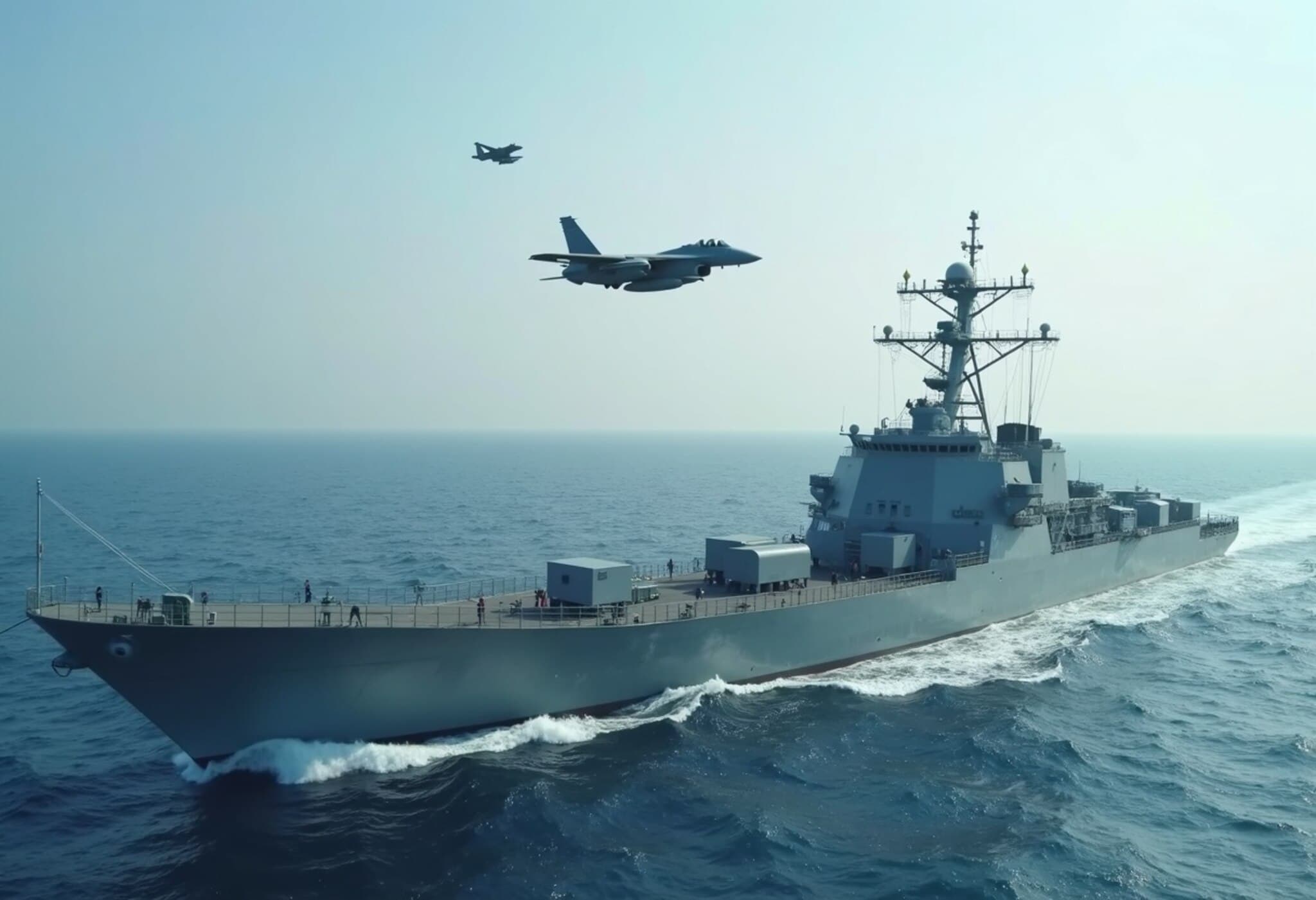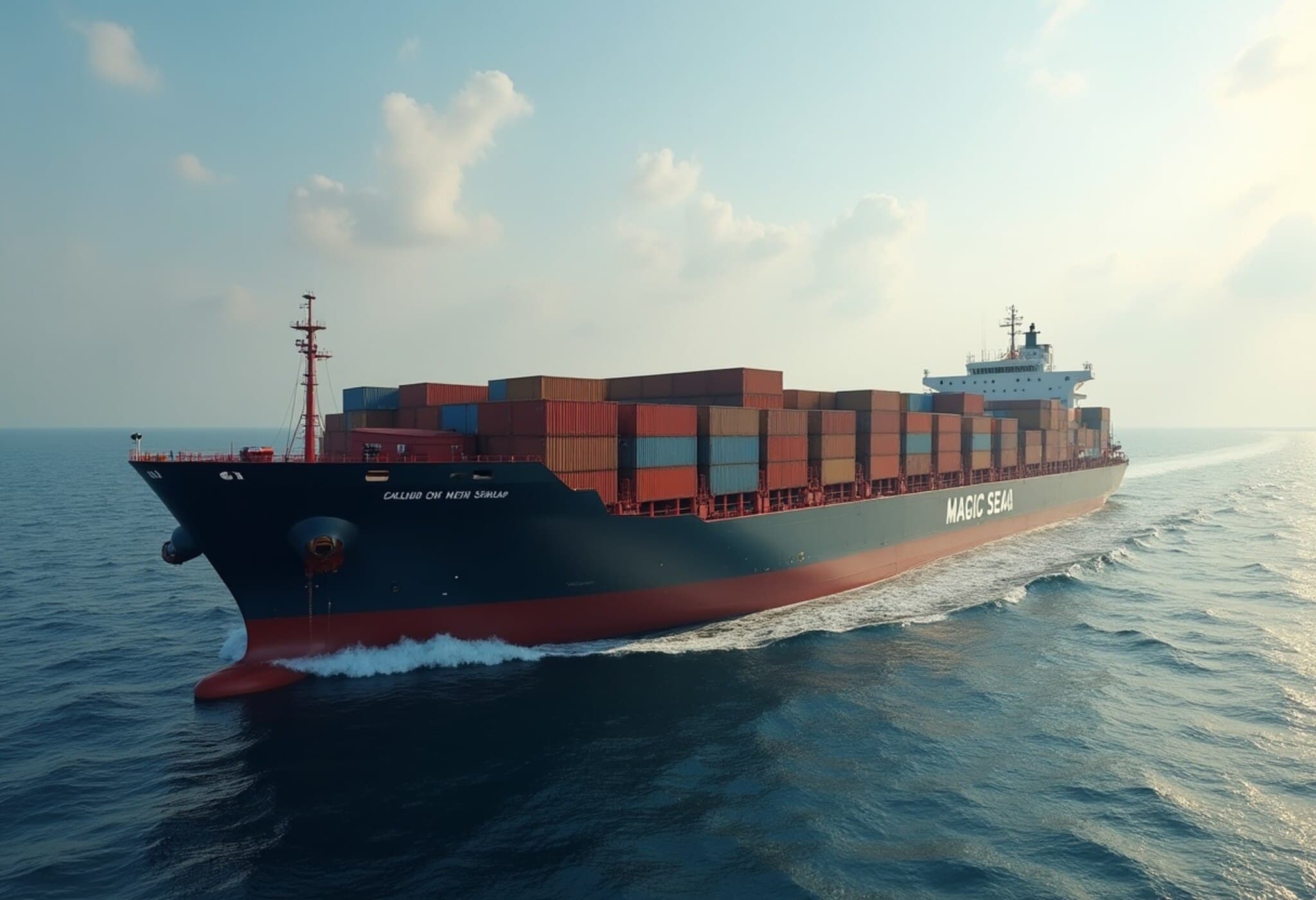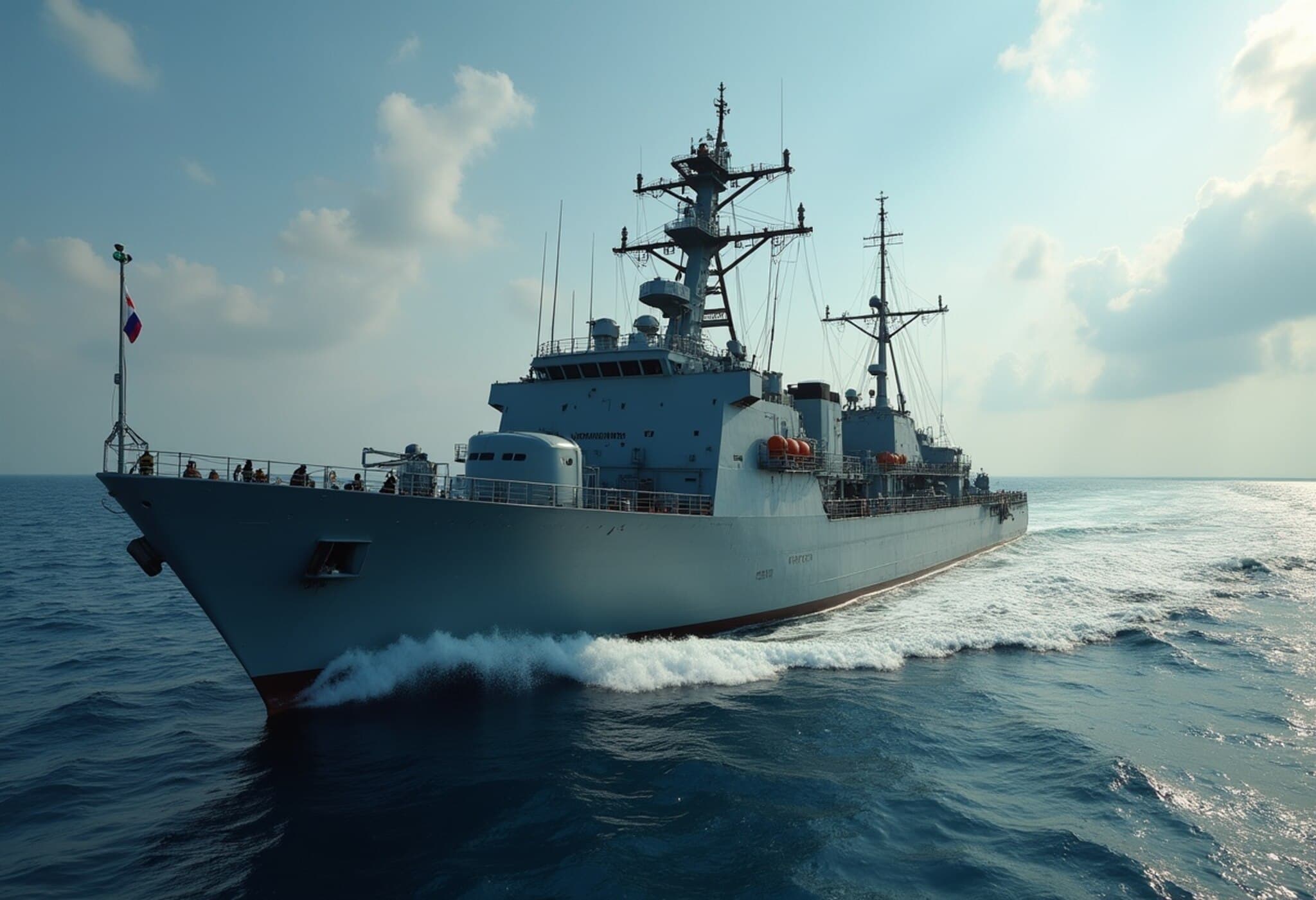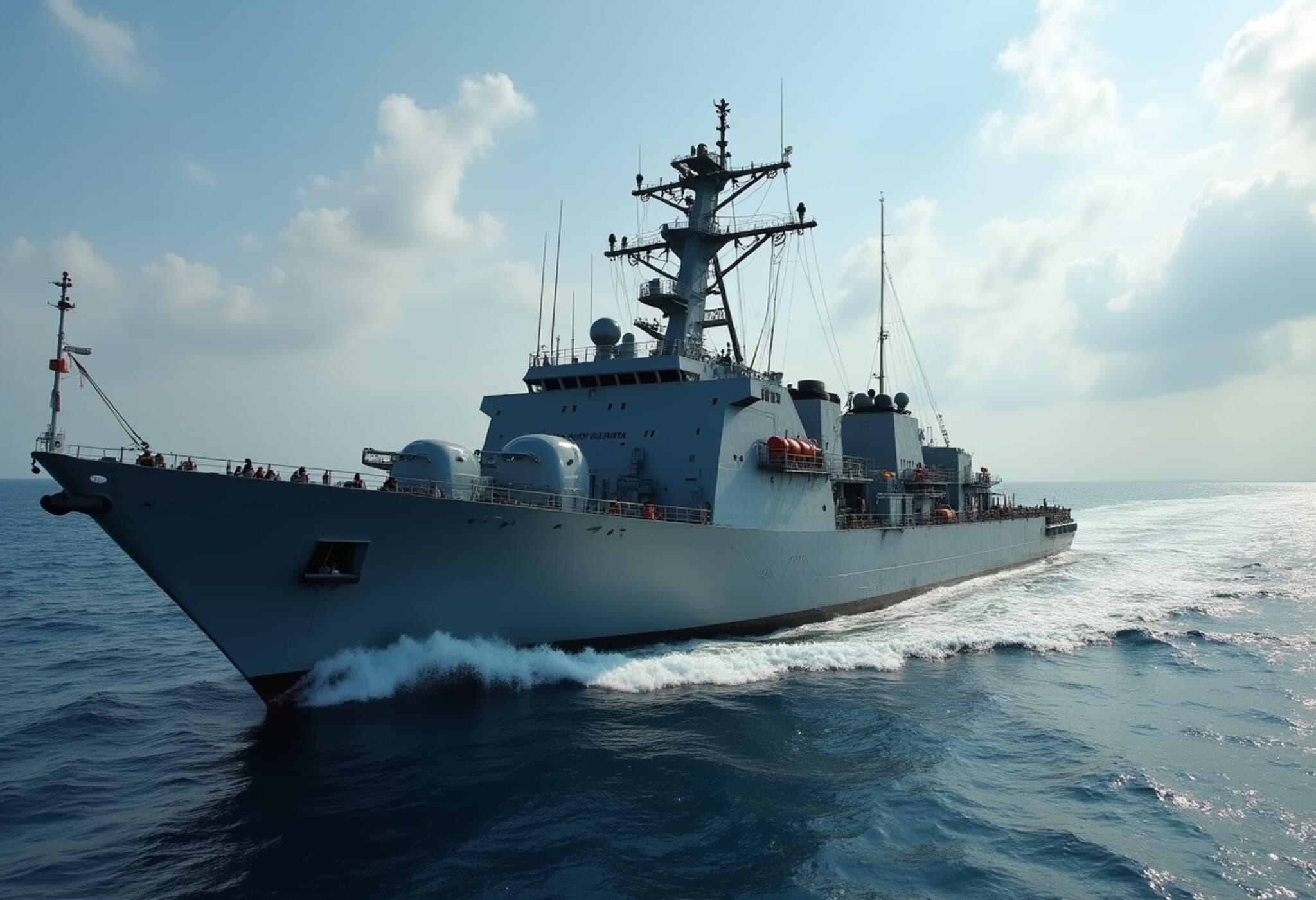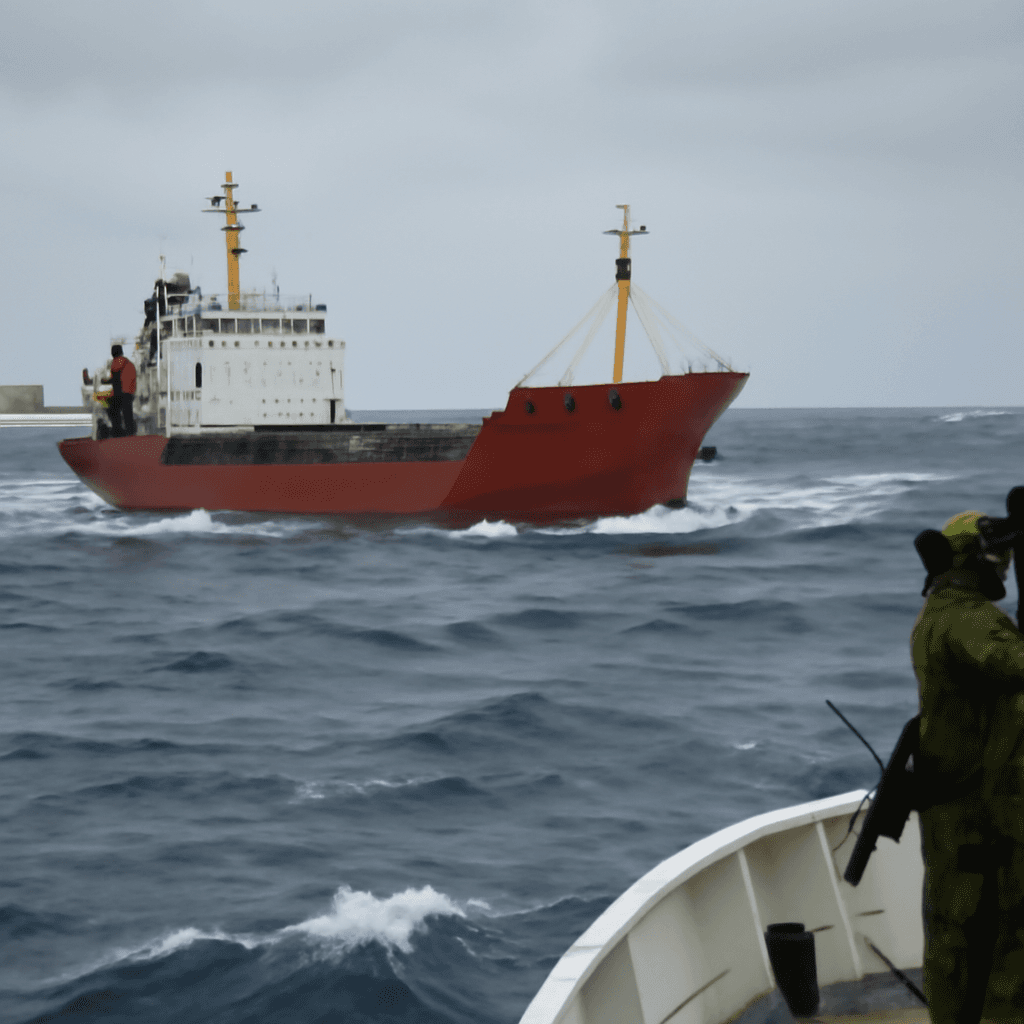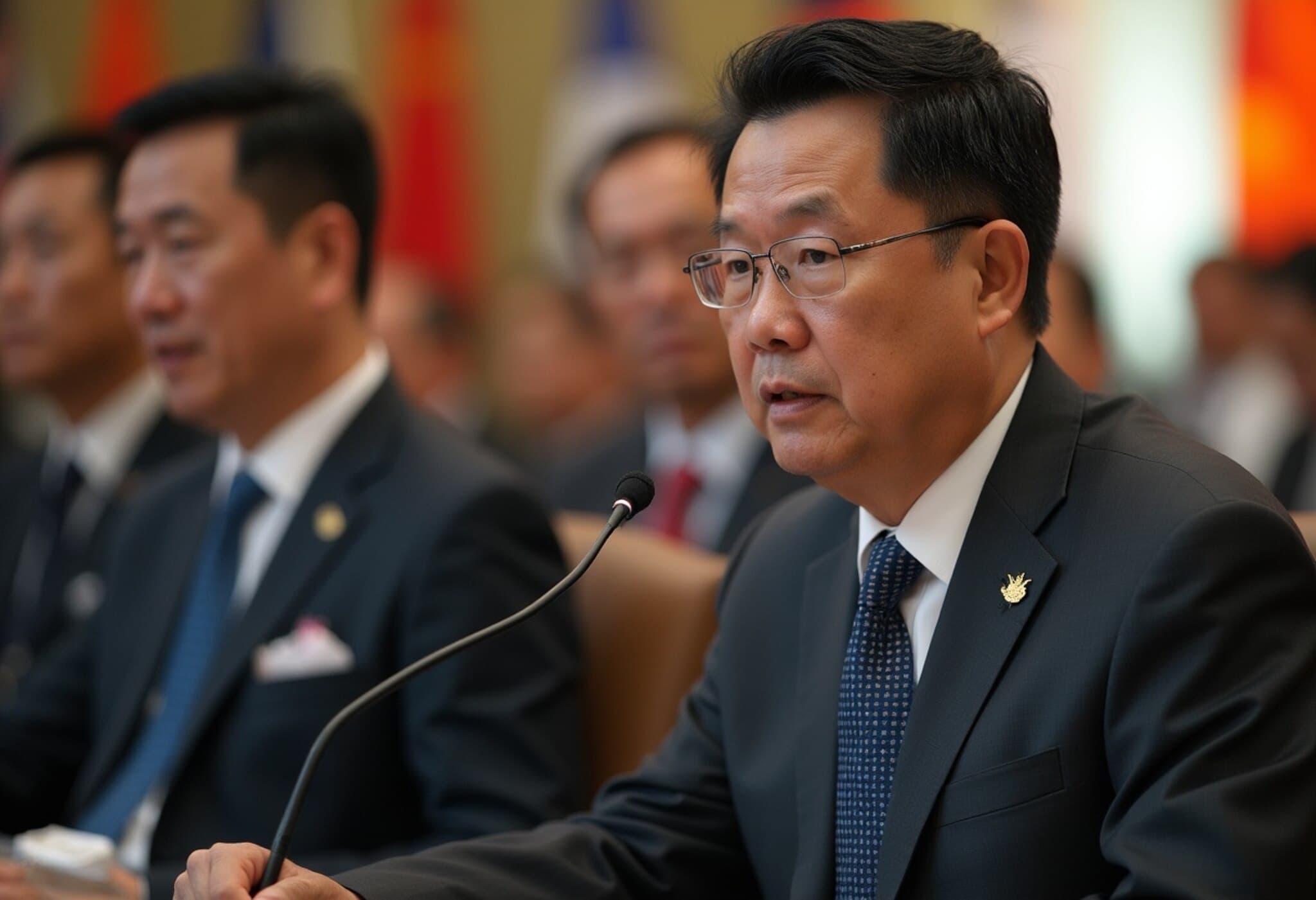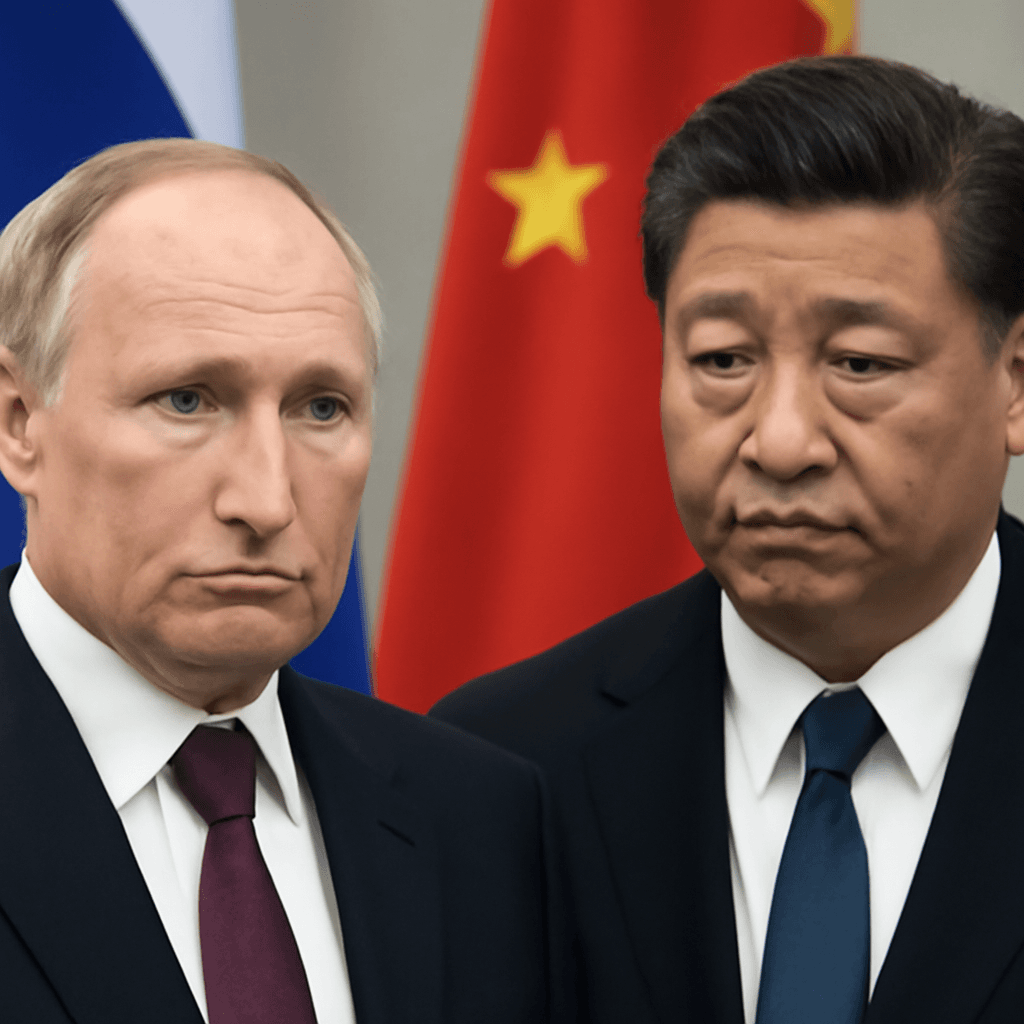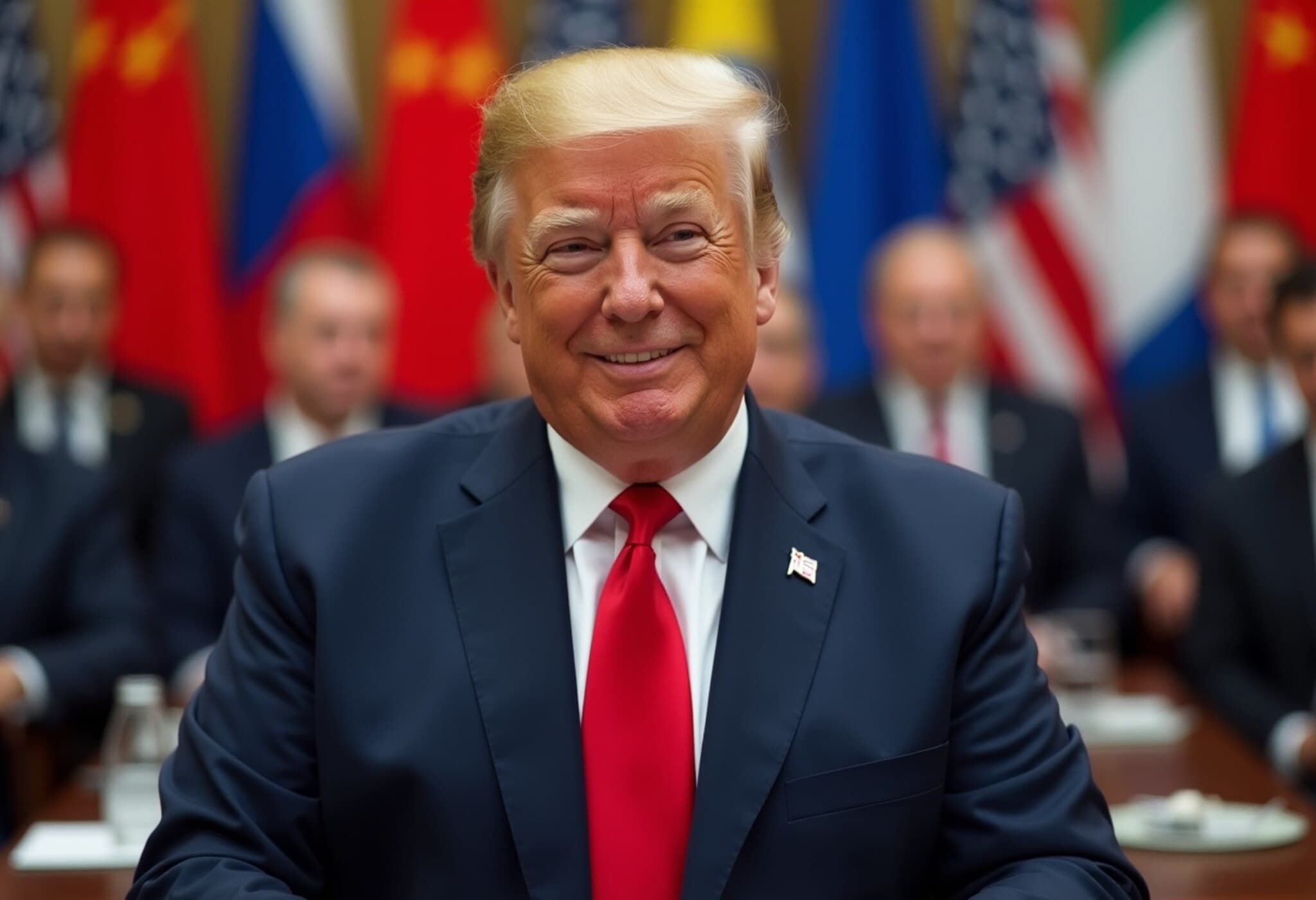China Launches Combined Military Patrols in South China Sea
China's military intensified its presence in the contested South China Sea by conducting joint sea and air patrols on Saturday, according to a statement from the People’s Liberation Army’s Southern Theater Command.
Escalating Regional Tensions
The move comes amid rising tensions between China and the Philippines, primarily over overlapping territorial claims in this vital maritime corridor, which facilitates over $3 trillion in annual global shipping trade. The Southern Theater Command spokesperson, Tian Junli, highlighted concerns that the Philippines has been involving external countries to conduct “joint patrols”, which he alleges have increased security risks in the region.
He emphasized that China’s forces remain vigilant, committed to safeguarding national sovereignty and maritime rights. Tian asserted that any military actions attempting to “stir up trouble” or spark conflicts in the South China Sea are being carefully managed and kept under control.
Philippines and US Conduct Joint Drills
This development closely follows the seventh joint maritime exercise between the Philippines and the United States earlier this month, further underscoring growing interstate military cooperation in the region.
Efforts to engage outside powers through joint patrols by the Philippines have been criticized by China as provocations that escalate tensions instead of fostering stability.
Backdrop of Territorial Disputes
The South China Sea is claimed almost entirely by China, including areas that are also claimed by Brunei, Indonesia, Malaysia, the Philippines, and Vietnam. In 2016, an international tribunal in The Hague invalidated China’s extensive claims based on international law. However, China has steadfastly rejected the ruling.
Diplomatic Responses and Future Outlook
The Philippine embassy in Beijing has yet to respond to inquiries regarding the recent Chinese patrols. The ongoing friction over these disputed waters points to a complex geopolitical struggle involving sovereignty, security, and freedom of navigation, with the South China Sea remaining a flashpoint in Southeast Asian security dynamics.

